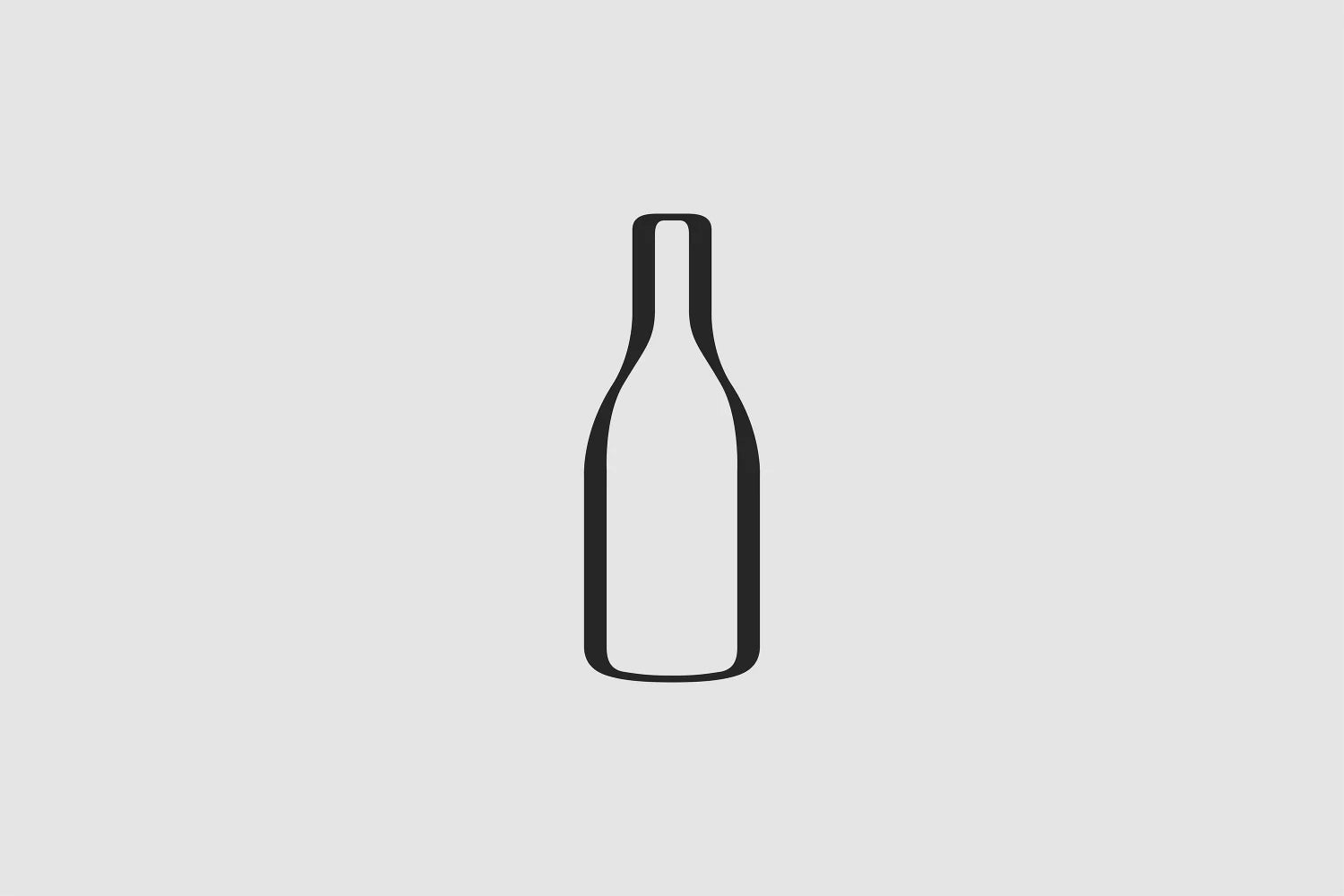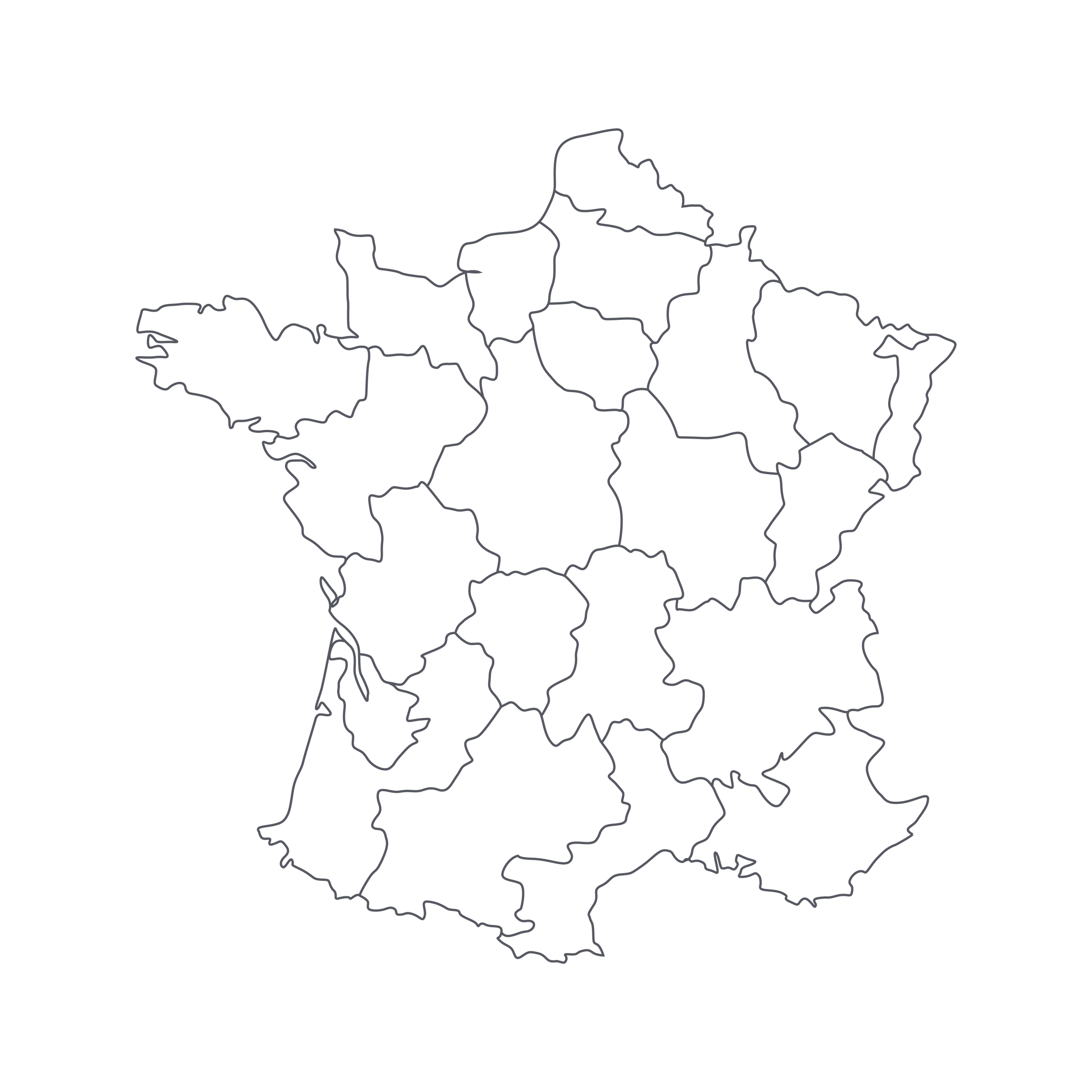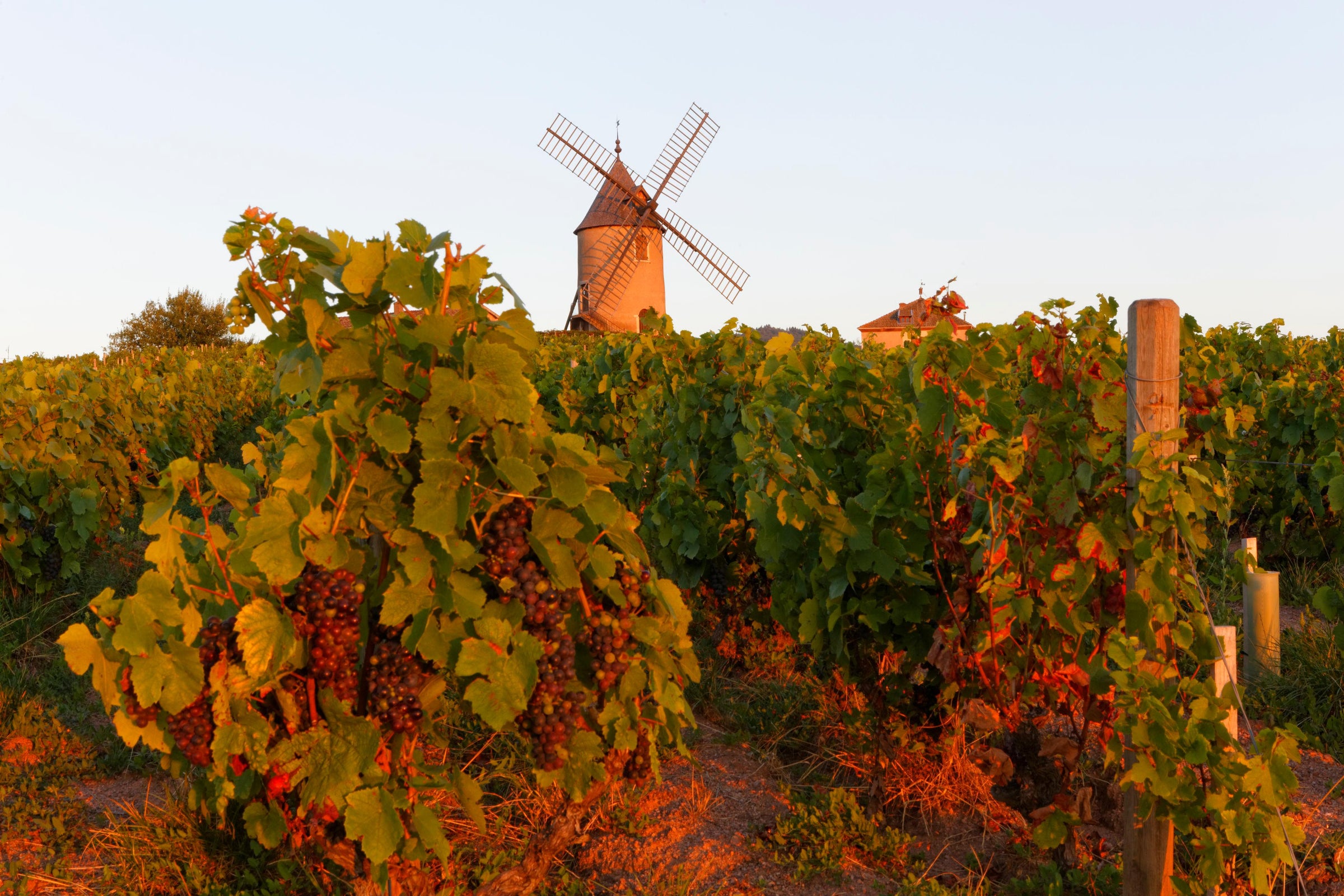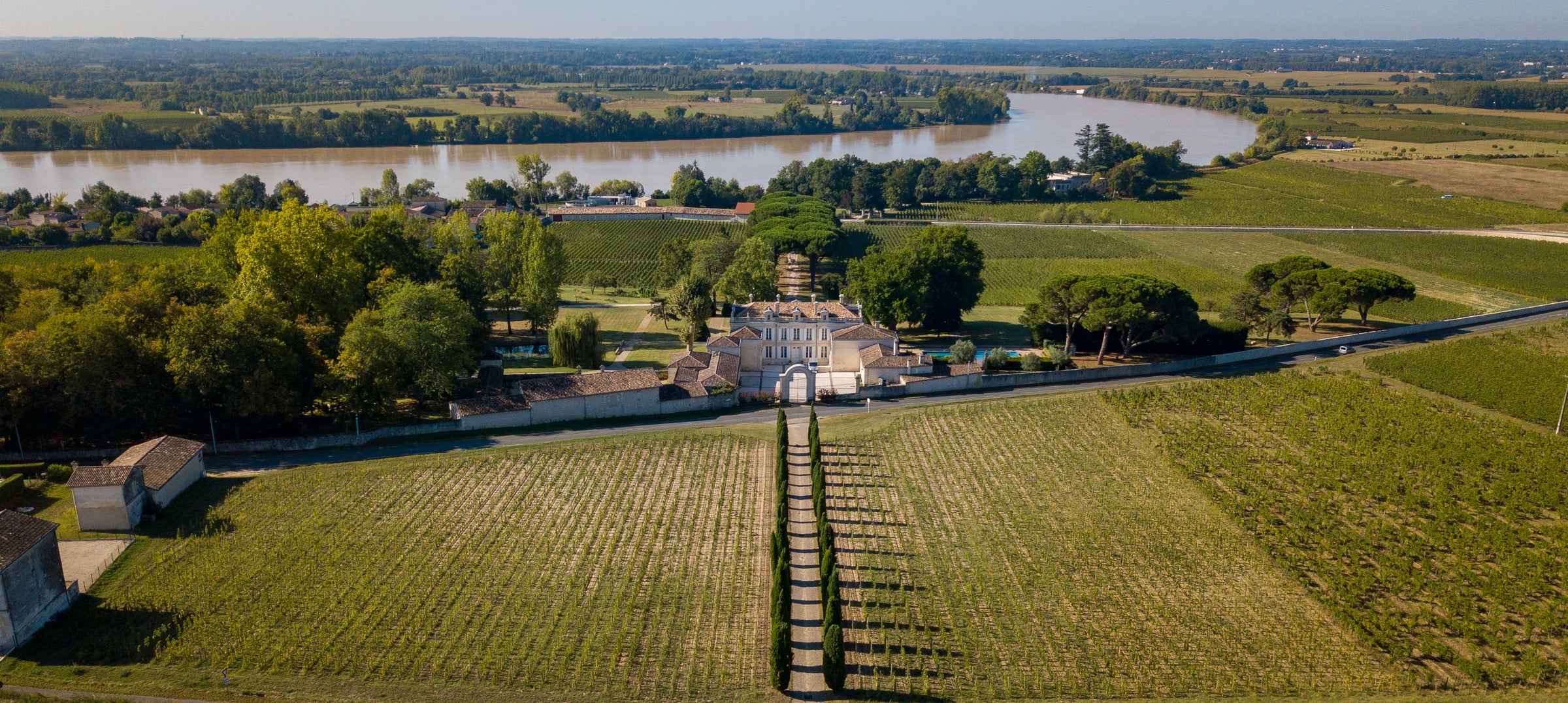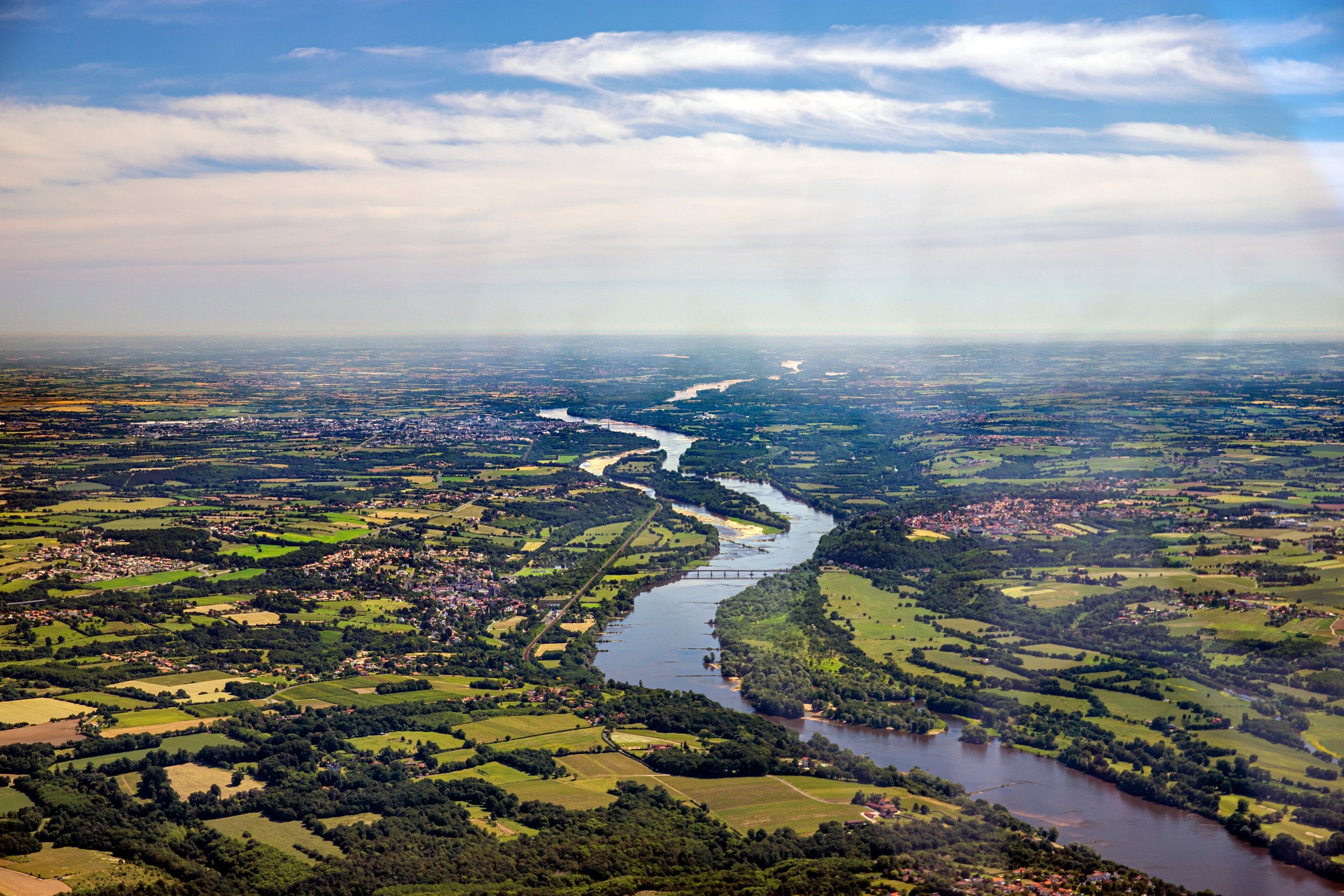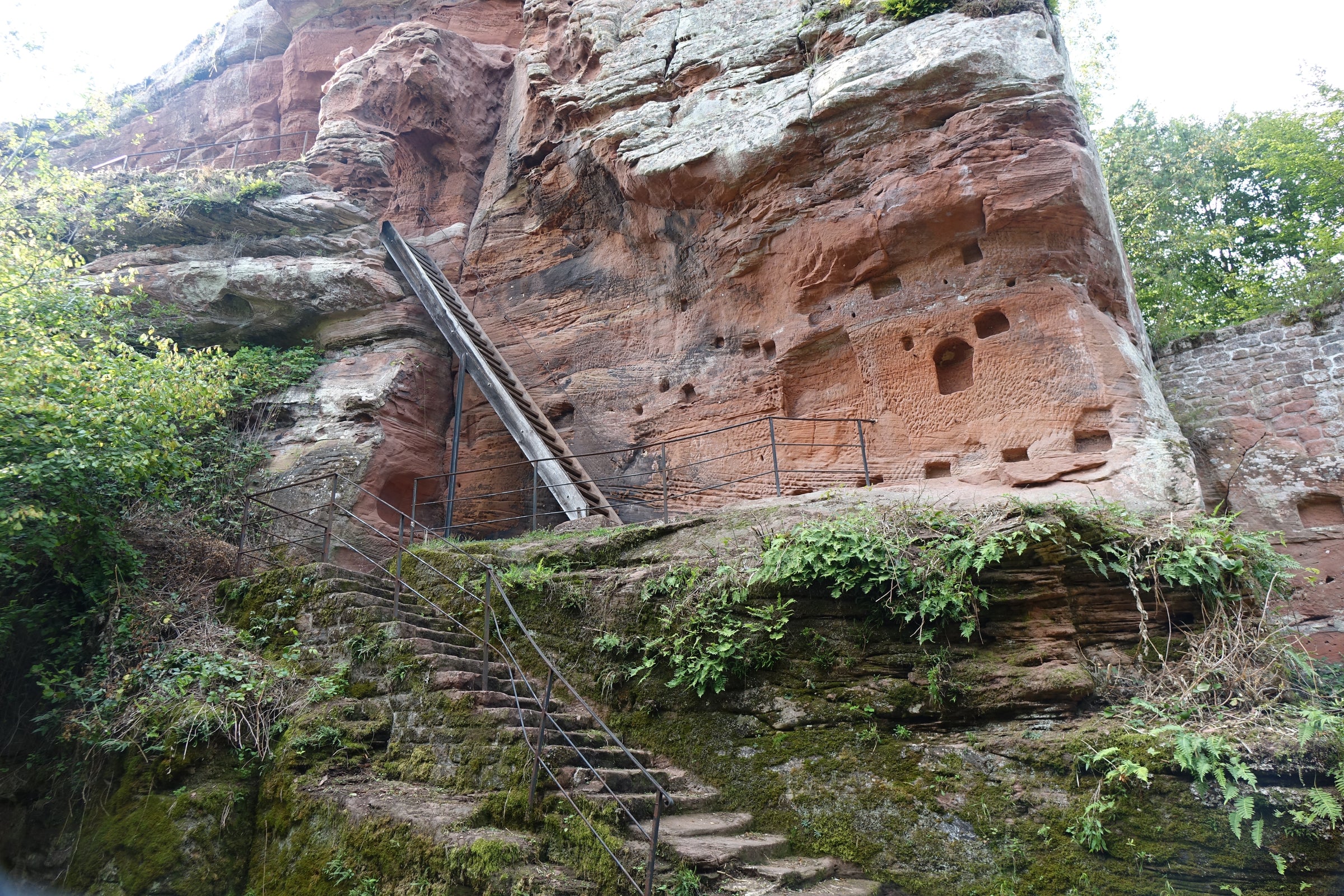If you’re here to cast doubt on Mas Jullien and their signature “Autour de Jonquieres” simply because of its unfamiliarity in the American market, allow me to quickly throw in my two cents: This is catnip to sommeliers and Francophiles. Because of one man’s calculated approach to natural farming, mature low-yielding vines, and handcrafted wines with the finesse and depth of Classified Bordeaux and elite Rhône, an entire French region was almost single-handedly revolutionized.
If more convincing is required, I’ll willingly step aside and allow Neal Rosenthal, the importing legend who discovered Mas Jullien 30+ years ago, to take it home: “For its complexity, profound terroir expression, visceral pleasure, and long age-ability, we wager that there are few greater values for serious red wine to be found in all of France.” Ever since playing a starring role in Andrew Jeffords’ defining 2002 text,
The New France, Olivier Jullien has occupied a nearly singular status in Languedoc. I struggle to name another producer who better personifies the region’s miraculous rags-to-riches transition from mass-production to cult wine hotbed. As such, many up-and-comers have attempted to borrow the spotlight from Olivier over the last two decades, but make no mistake—Mas Jullien remains the standard by which all others are judged. That’s why we’ve been champing at the bit to showcase these wines over the years, especially today’s top-tier “Autour de Jonquieres.” So far, that’s translated into just two offerings.
[NOTE: This is only available as a pre-offer and will be arriving at our warehouse in two weeks’ time.]
Jullien is a third-generation vigneron who grew up in the vines with his father and grandfather in the small southern French village of Jonquières, about 40 miles from the Mediterranean coast. As a child in the 1970s, he witnessed firsthand the scourge of industrial farming and bulk wine production in his home village. As artisan wine production vanished into history before his eyes, wholesale grape prices plummeted, households fell into poverty, and an entire way of life began to disappear in the Languedoc. Fortunately, after earning a degree in viticulture and enology in 1985, a young Olivier returned to his hometown, hellbent on quality and craftsmanship. With virtually no outside interest in the region, Olivier was able to acquire a royal flush of top limestone vineyards planted primarily to old Mourvèdre, Syrah, and Carignan. The rest, as they say, is history!
Today’s 2015 “Autor de Jonquières” is a blend of 20% Syrah, 40% Mourvèdre, and 40% Carignan planted on limestone soils. Fruit is fermented primarily in concrete tanks, with a small amount of juice in stainless steel in particularly prolific vintages. Jullien spontaneously ferments the de-stemmed fruit in concrete vessels for two to three weeks before aging one year in neutral 600-liter demi-muids and another year in even larger foudres. Following, the wine is bottled and allowed to rest even further—today’s 2015 is still the current release. Clearly, it’s a long, patient process that far exceeds that of Burgundy, Rhône, and Bordeaux.
Some wine critics have found themselves in the privileged position of tasting Oliver’s older bottlings dating back to the early ‘90s and have unanimously reported back high marks. Having only tasted his younger creations, I can’t count myself that lucky just yet. Still, I’m fortunate enough to have this 2015 in my life: The wine cascades into the glass with a dense dark ruby hue and sings with highly concentrated notes of ripe currant, kirsch, red plums, black raspberry, and rose petal (akin to what you’d discover in Bordeaux). A few swirls, however, quickly reveals Rhône-like secondaries of olive pit, grilled meat, violets, and dried garrigue, all of which are buttressed by a number of subtle, exotic spices. With alcohol checking in at a nimble 13.5% there’s deep, palpable power and tannins here but also an ever-present sense of finesse and balance. Despite having noted the wine’s aging potential above, I find myself too tempted by its luxurious depth, polish, and freshness to allow any further cellaring. So, simply decant for 30-60 minutes, enjoy in Bordeaux stems, and keep the service temperature around 60 degrees. Cheers to one of the world’s greatest unsung reds!
